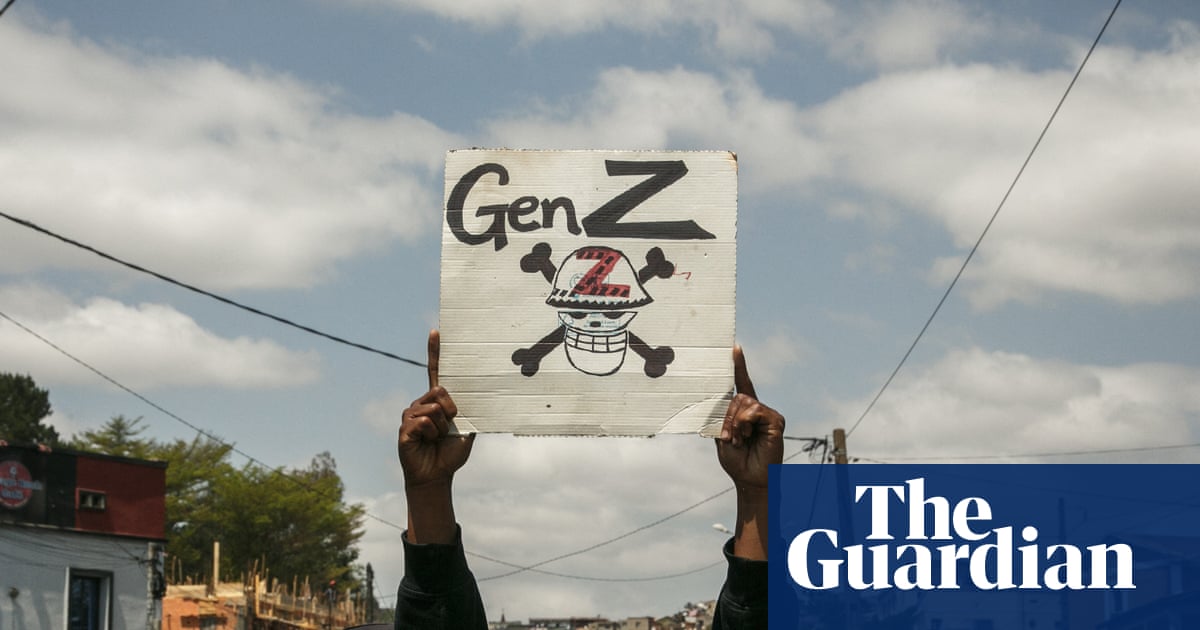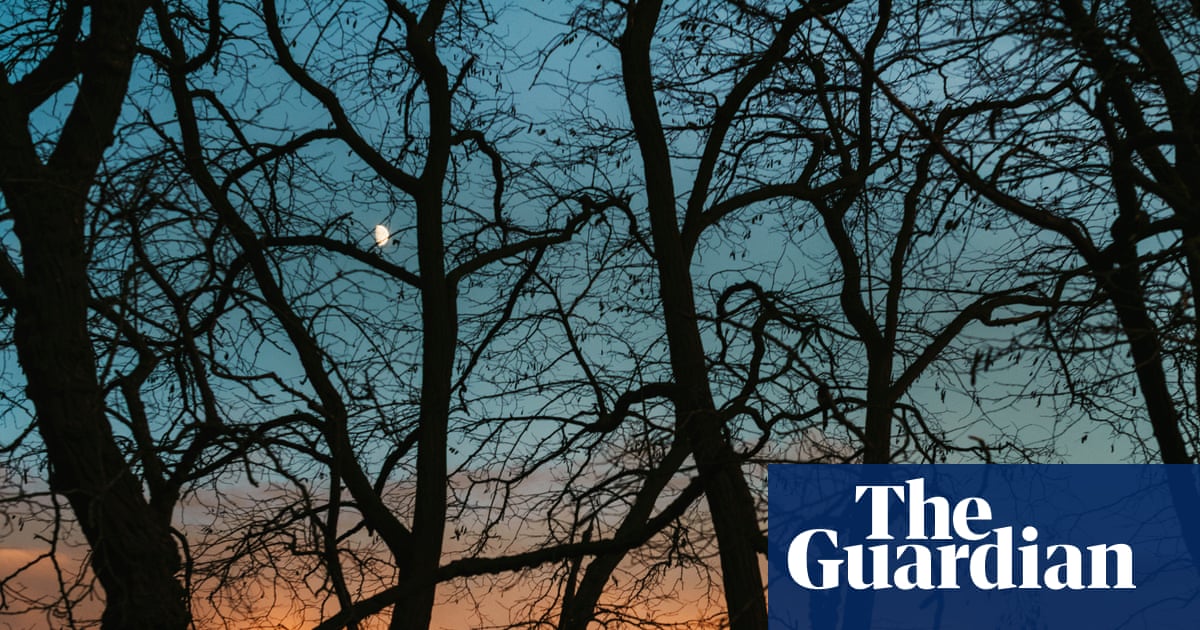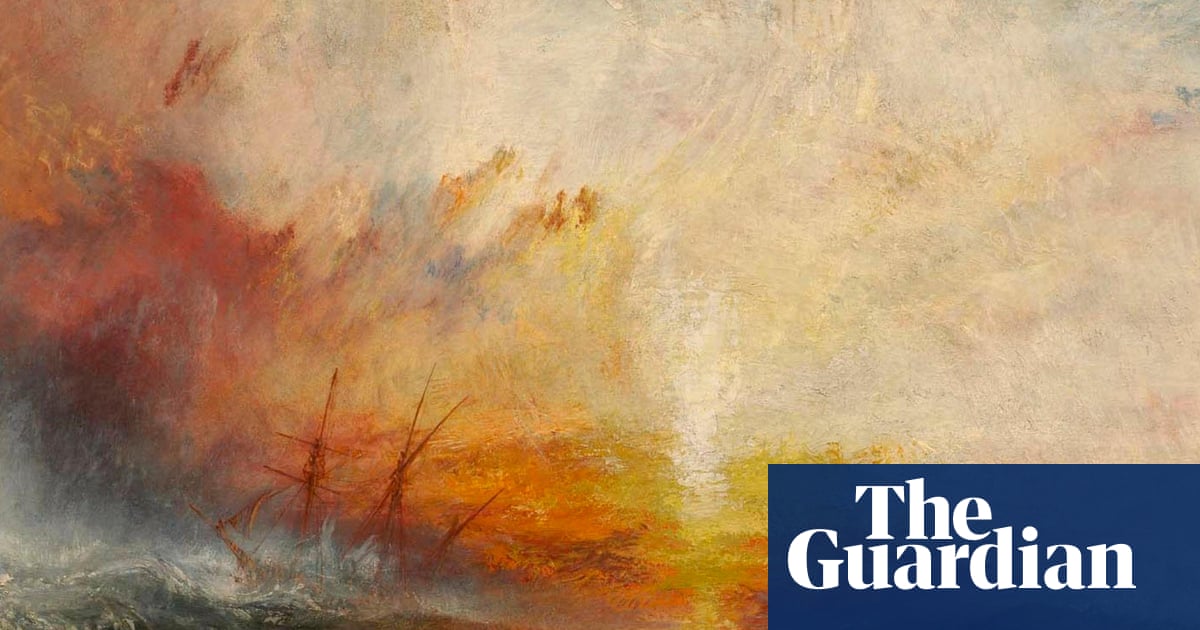Storm in Brooklyn Subway
Thistle of rain.
We seek temple from tempest,
litany in lightning,
a mottled crowd huddled,
backs to the wall,
gasping for refuge.
Then, in an instant, the heavens smile,
the firm ground forms
and the petrific hour
once frail, now becomes flesh.
Grace greases every foothold —
people hum all the way home.
This week’s poem is by Menna Elfyn, who was born in Glanaman, south Wales, in 1951, and is one of the best-known and most honoured contemporary Welsh-language writers. Storm in Brooklyn Subway appears in her wide-ranging new collection, Parch.
Some of the poems in Parch have been translated into English by a distinguished cast of authors that includes Gillian Clarke, Robert Minhinnick and, an unexpected treat, RS Thomas. But Elfyn wrote many of the poems, including this week’s choice, directly in English, celebrating, she says, the fact that “the Welsh language is now accepted and respected as an official language in Wales, following many years of non-violent campaigns.” She goes on to explain: “This has allowed me to develop a feeling of affinity with the English language and, as a proud bilingual, I attest to Herta Müller’s belief that ‘holding one’s own language up to the eyes of another leads to a solid relationship, a relaxed kind of love’.” There are two poems which appear in their original Welsh alongside Elfyn’s English translations: both are elegies, composed after the loss of her sister in 2020 and her brother in 2022.
The collection’s title, Parch, shouldn’t be anglicised: it’s the Welsh word which means “respect”. “Parch” can also be the title for a spiritual leader in a nonconformist chapel, informally translatable as “Reverend”. By association, I found myself suddenly remembering George Herbert and his poem The Church-porch and applying the concept of the porch as shelter and entrance more generally to Elfyn’s collection. There are poems centred on group activities: queueing, making a refuge from stones, demonstrating with peace activists, and sharing the chapel “flower rota”. While a New York City subway station might be seem an unlikely setting for shared communication, the movement in this poem seems to turn the act of sheltering from the deluge into a collective, near-religious experience, as if the station had been reimagined as a refuge, a sacred entrance, a porch.
The image in the first line, “Thistle of rain”, is both aural and tactile, the hiss of rain and its sting on bare skin being brilliantly captured. Then the diction, carried by its verbal music, is lifted into the poem’s transcendent imaginative process, the incoming crowd finding a “temple from tempest, / litany in lightning”. A primitive fear and awe remain: the crowd still feels the effects of the fierce weather – “backs to the wall, / gasping for refuge”. This crowd is “mottled” – another eloquent word that reveals the effects of the rain on clothing, something like a shared baptism, perhaps, which may unify the variety of faces and figures.
The shelter-seekers are additionally “huddled”, recalling the phrase from Emma Lazarus’s The New Colossus: “Give me your tired, your poor, / Your huddled masses yearning to breathe free …” Lazarus also describes her exiles as “tempest-tost”.
Whether sacrament or warning, Elfyn’s “tempest” is brief, and “in an instant, the heavens smile”. The smile goes beyond the stereotypical cheeriness of sunlight. It evolves into creative, or even Creatorly, participation. Events are set in motion, recorded in specific but unexpected language: “The firm ground forms / and the petrific hour // once frail, now becomes flesh.” Something described as “petrific” has the power of petrification, and the poem suggests that this process has gripped the people sheltering, once standing still and stonelike, but now enabled again to move. At the same time, the stoniness of the “hour” was “frail”, breakable, perhaps, before time returned in the shape of living plasticity. It’s partly as if substances had changed place: people are malleable again, and the ground has become firm. The rain has stopped and the shelterers are freed from captivity.
The rain hasn’t dried up instantly, though, and the association of “grace” with “grease” seems almost humorously to hint a warning to tread the wet ground carefully. The people’s joy is unthreatened, and they “hum all the way home”– perhaps with the pleasure of swiftness, hearing the new sounds that the cessation of the rain has made audible. In the words of The New Colossus, they “breathe free”.
Storm in Brooklyn Subway is almost an imagist poem; it’s a reminder of Ezra Pound’s In a Station of the Metro, that rarest moment of underground revelation in modern poetry. Elfyn’s rich sense of verbal music is a bonus, and enables her to skim between worlds – underground and overground, sacred and secular – and, perhaps, between words. It seems that the interplay of Welsh may have helped produce lightning and luminosity in Elfyn’s English-language poetry.

 2 months ago
53
2 months ago
53

















































